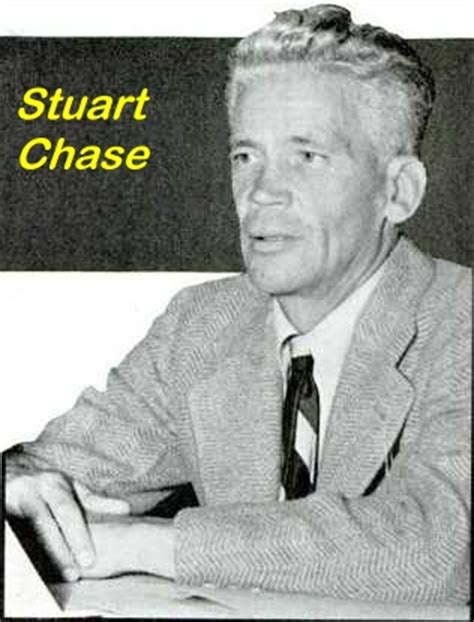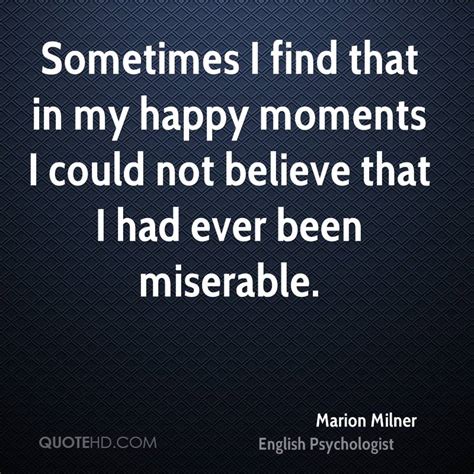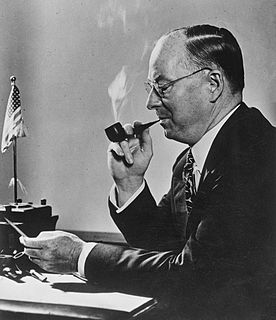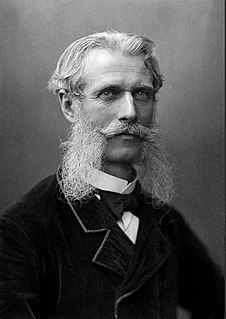A Quote by Mihaly Csikszentmihalyi
..Such practices and beliefs, which interfere with happiness, are neither inevitable nor necessary; they evolved by chance, as a result of random responses to accidental conditions. But once they become part of the norms and habits of a culture, people assume that this is how things must be; they come to believe they have no other options.
Related Quotes
What I "discovered" was that happiness is not something that happens. It is not the result of good fortune or random chance. It is not something that money can buy or power command. It does not depend on outside events, but, rather, on how we interpret them. Happiness, in fact, is a condition that must be prepared for, cultivated, and defended privately by each person. People who learn to control inner experience will be able to determine the quality of their lives, which is as close as any of us can come to being happy.
I sympathize the first, the direct and single-minded attack [Red Revolution]. I believe it to have been necessary and inevitable in Russia. It may someday be inevitable in this country [United States of America]. I am not seriously alarmed by the sufferings of the creditor class, the troubles which the church is bound to encounter, the restrictions on certain kinds of freedom which must result, nor even by the bloodshed of the transition period. A better economic order is worth a little bloodshed.
From the viewpoint of political power, culture is absolutely vital. So vital, indeed, that power cannot operate without it. It is culture, in the sense of the everyday habits and beliefs of a people, which beds power down, makes it appear natural and inevitable, turns it into spontaneous reflex and response.
In the rush to become all things to all people, the federal government has lost sight of its core responsibilities. As a result we're stuck in this frustrating paradox where Washington actually neglects things it's clearly supposed to be doing, while interfering in other areas where they are neither welcome nor authorized.
The establishment of inner harmony is to be attained neither in the past nor in the future, but where the past and future meet, which is the now. When you have attained that point, neither future nor past, neither birth nor death, neither time nor space exist. It is that NOW which is liberation, which is perfect harmony, to which the men of the past and the men of the future must come.
God knows what is my greatest happiness, but I do not. There is no rule about what is happy and good; what suits one would not suit another. And the ways by which perfection is reached vary very much; the medicines necessary for our souls are very different from each other. Thus God leads us by strange ways; we know He wills our happiness, but we neither know what our happiness is, nor the way. We are blind; left to ourselves we should take the wrong way; we must leave it to Him.
The life-history of the individual is first and foremost an accommodation to the patterns and standards traditionally handed down in his community. From the moment of his birth the customs into which he is born shape his experience and behavior. By the time he can talk, he is the little creature of his culture, and by the time he is grown and able to take part in its activities, its habits are his habits, its beliefs his beliefs, its impossibilities his impossibilities.
We must drop the idea that change comes slowly. It does ordinarily - in part because we think it does. Today changes must come fast; and we must adjust our mental habits, so that we can accept comfortably the idea of stopping one thing and beginning another overnight. We must discard the idea that past routine, past ways of doing things, are probably the best ways. On the contrary, we must assume that there is probably a better way to do almost everything. We must stop assuming that a thing which has never been done before probably cannot be done at all.
People come to have different moral beliefs because they have different non-moral beliefs about relevant facts. People are disposed to believe whatever justifies the practices and institutions that benefit them. But I argue that not all moral differences can be explained away in such a fashion. Some of the most profound disagreements come from differences in priority assigned to values such as relationship and community on the one hand, and individual rights and personal autonomy for the individual, on the other hand.
The paths by which people journey toward happiness lie in part through the world about them and in part through the experience of their souls. On the one hand, there is the happiness which comes from wealth, honor, the enjoyment of life, from health, culture, science, or art; and, on the other hand, there is the happiness which is to be found in a good conscience, in virtue, work, philanthropy, religion, devotion to great ideas and great deeds.




































